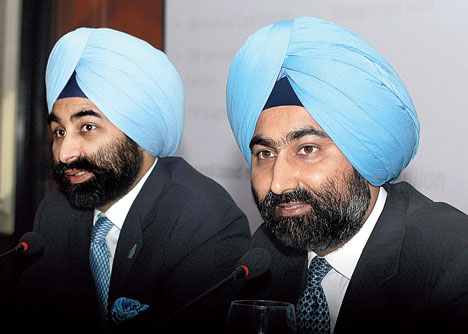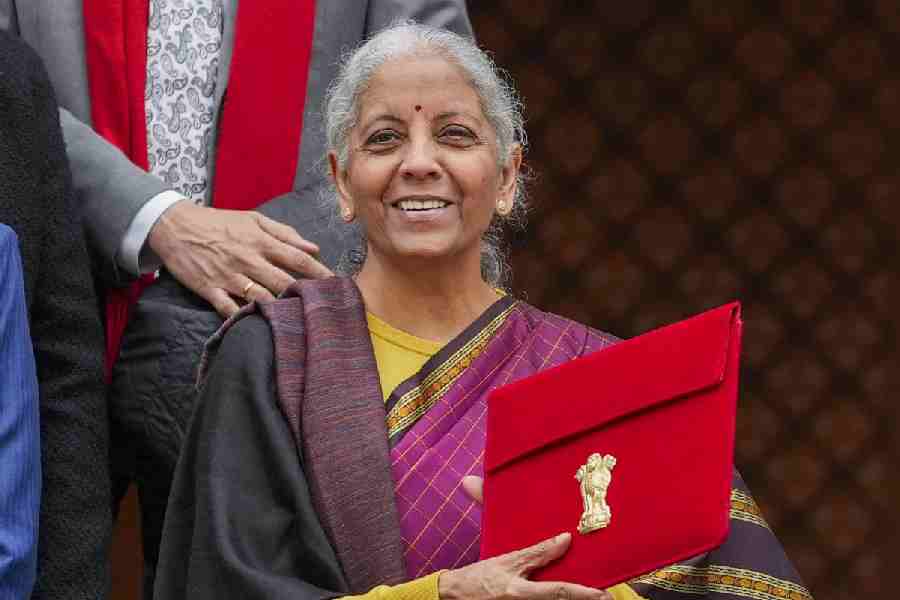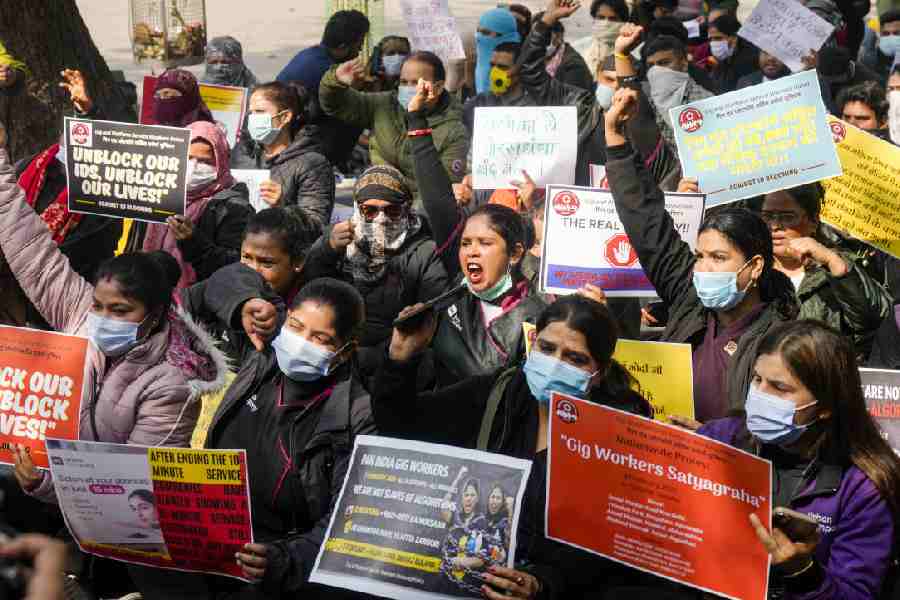
New Delhi: The Modi government on Thursday held out the threat of slapping price controls on cement by bringing it under the Essential Commodities Act if the cement industry doesn't abandon the pernicious practice of cartel pricing for roads projects across the country.
Roads and highways minister Nitin Gadkari told legislators during question hour in the Lok Sabha that cartel pricing by cement makers was the main reason why his ministry was unable to further the mission to build more concrete roads across the country, especially in areas that are lashed by rains during the monsoon.
Gadkari, who was replying to a question relating to the state of road and highway projects in the country, said the cement industry had been castigated for cartel pricing and also fined recently by the Competition Commission of India. A case relating to cartel pricing in cement is also pending before the Supreme Court.
He claimed that the roads industry consumed almost 40 per cent of all cement production in the country. While bidding for these projects, the industry was closing ranks and bidding in a collusive manner even though the price of cement varied widely across the country - from Rs 380 a bag in some states to Rs 210 in others.
"We will not fall prey to the cement industry's blackmail. If they do not fall in line, then I will have to start discussions with the food and civil supplies ministry to consider a proposal to bring cement under the Essential Commodities Act," Gadkari said.
The government is mulling plans to put in place a pricing mechanism to determine a fair price for cement offered for road projects.
"I plan to call a meeting of the cement industry officials and present them with our pricing mechanism," Gadkari said.
The minister said the industry was trotting out the excuse of rising input costs for the high price bid. "We don't have a problem if the cement price factors in the price of raw materials, diesel and electricity and other overheads," he said but his ministry would draw a line under the practice of cartel pricing.
He said much against his ministry's desire, bitumen roads were being laid across the country resulting in potholed streets and rising citizen's anger against municipalities and elected governments.
The Competition Commission of India (CCI) had imposed a penalty of Rs 6,317-crore on 10 cement makers and the Cement Manufacturers' Association (CMA) for cartelisation in 2012.
ACC, Ambuja Cements, Binani Cement, Century Textiles, India Cements, JK Cements, Lafarge India, Madras Cements, UltraTech Cement and Jaiprakash Associates have been named in the order.
The cement makers and the CMA had subsequently appealed to the tribunal against the regulator's orders that imposed a penalty based on the complaints received from the Builders Association of India.
Against the order of the COMPAT, the cement firms moved the Supreme Court which declined to interfere with the tribunal's order. Later, in a fresh order issued in September 2016, the regulator had retained the penalty on the cement firms.
"I do not wish to comment on the minister's perception and his statement. But the fact is that cement prices have been flat for the past five years and its profitability is less than inflation. Alhough we do not supply cement for road projects, we can have a different pricing mechanism here if this is needed," said a managing director of a cement firm from eastern India who did not wished to be named.
As a stop gap measure, Gadkari said the government would soon make it mandatory to mix 10 per cent of plastic waste and rubber tyre waste with bitumen to lower the cost of road manufacture and tackle another burgeoning environmental problem. Bitumen costs Rs 40-45 per kg while plastic waste will cost about Rs 15 per kg, which will make the blend a lot cheaper.
A pilot project to collect plastic waste had been launched in Nagpur - the minister's constituency - and he said the government would start discussions with state governments to scale up plastic waste collection into a mission mode to bolster the road and highways development programme.











